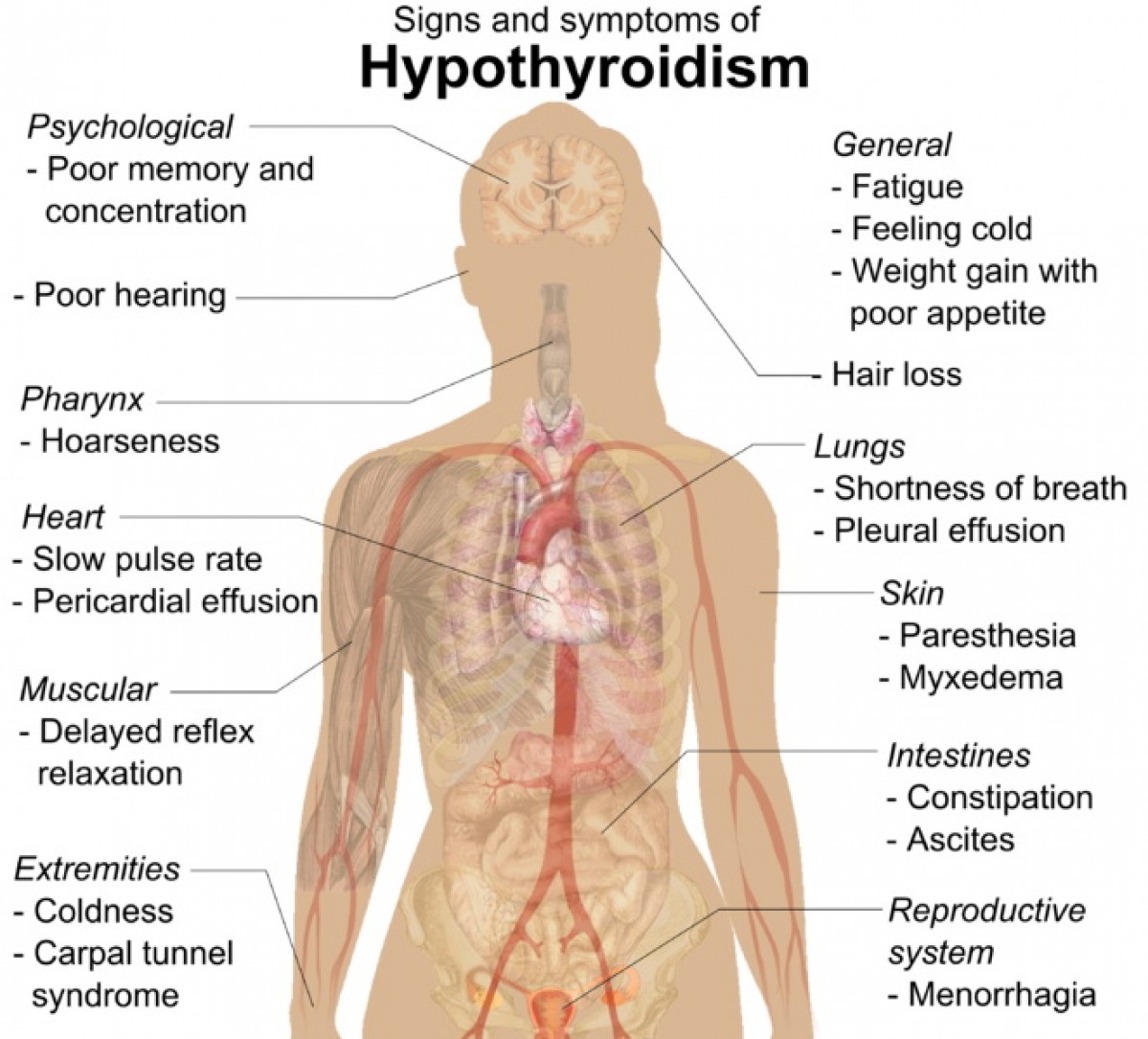
Contents
How Does Ashwagandha Affect the Thyroid for Hypothyroidism and Hyperthyroidism?
Ashwagandha is an ancient medicinal herb that has become popular as an alternative therapy for thyroid disorders. Discover the health benefits of ashwagandha for hyperthyroidism, hypothyroidism, and more.
Ashwagandha, scientifically known as Withania somnifera, is also called Indian ginseng or winter cherry. It’s a short shrub with small yellow flowers, native to India and Southeast Asia.
The name ashwagandha comes from Sanskrit, meaning “smell of the horse,” referring to its distinct scent and ability to boost stamina.
It’s one of the most important herbs in Ayurveda, the traditional Indian medical discipline. Ashwagandha has been used for centuries to combat aging, relieve stress, build muscle, improve concentration, increase energy levels, boost immunity and fertility, and treat illnesses like rheumatoid arthritis and neurological disorders.
Modern science is now exploring the effects of ashwagandha on thyroid disorders.
What are the types of thyroid disorders?
The thyroid gland is located at the base of the neck and secretes the thyroid hormone in two forms — triiodothyronine (T3) and thyroxine (T4). This hormone regulates bodily functions like growth, development, and metabolism.
The thyroid-stimulating hormone (TSH), produced by the pituitary gland beneath the brain, controls thyroid hormone secretion. When T3 and T4 levels decrease, the pituitary gland secretes more TSH to stimulate the thyroid gland. Imbalances in these hormones indicate thyroid disease or poor thyroid health.
Thyroid disorders include:
1. Hypothyroidism — occurs when thyroid hormone levels fall below normal due to insufficient hormone production. Symptoms include fatigue, weight gain, dry skin, constipation, and goiter (swelling in the neck).
Common causes of hypothyroidism include iodine deficiency, certain medications, and autoimmune disorders like Hashimoto’s thyroiditis.
2. Hyperthyroidism — occurs when thyroid hormone levels are higher than normal due to excessive thyroid gland activity. Symptoms include irregular heartbeat, unintentional weight loss, fatigue, shortness of breath, and hair loss.
Causes of hyperthyroidism include thyroiditis, thyroid nodules, excess iodine consumption, certain medications, and autoimmune disorders like Graves’ disease.
Both hypothyroidism and hyperthyroidism are treated with medication, but herbal remedies like ashwagandha have been used in traditional medicine.
What is the impact of ashwagandha on thyroid health?
Ashwagandha has been shown to have potential health benefits, including some effects on thyroid function.
Ashwagandha’s role in hypothyroidism
Increased cortisol (stress hormone) levels suppress thyroid function and lower T3/T4 levels.
Ashwagandha can suppress cortisol levels and boost thyroid function. In a study of 50 people with hypothyroidism, those given 600 milligrams of ashwagandha root extract daily showed significant improvement in thyroid hormone levels compared to those who didn’t receive ashwagandha.
In another study, people with bipolar disorder who took ashwagandha showed an increase in T4 levels.
Further research is needed to confirm these findings.
Ashwagandha’s role in hyperthyroidism
Ashwagandha’s effects on hyperthyroidism have yet to be studied. However, its effects in boosting thyroid hormone production have been well-documented in hypothyroidism studies.
For people with existing hyperthyroidism, taking ashwagandha may increase T3/T4 levels to dangerous levels, leading to thyrotoxicosis. This condition has symptoms like extreme thirst, weight loss, skin problems, and heart failure if left untreated.
Consuming ashwagandha might not be advisable for people with hyperthyroidism and should be done under medical supervision.
What are the potential side effects of ashwagandha?
Ashwagandha is generally safe for most people, but it’s not recommended for pregnant or breastfeeding women and those with preexisting hyperthyroidism.
Ashwagandha may interact with sedatives, medications for hypothyroidism, high blood pressure, diabetes, and psychoactive disorders.
Ashwagandha also has immune-stimulating properties, which can interfere with immunosuppressive drugs and worsen autoimmune conditions.
People with these conditions should seek medical advice before taking ashwagandha.
QUESTION
How is ashwagandha used?
Ashwagandha is available in supplement form as 300-mg tablets, usually taken twice a day after meals.
Ashwagandha is also sold in powder form that can be added to water, milk, smoothies, juices, yogurt, or sprinkled on food items. It can be brewed into tea, although most studies have focused on its tablet form.
It may take several months to observe noticeable improvements from ashwagandha. Follow the instructions on the label unless specified by your healthcare provider. Consult your healthcare practitioner immediately if you experience any side effects.
Sources:
Alternative Medicine Review: "Scientific basis for the therapeutic use of Withania somnifera (ashwagandha): a review."
BJOG: "Herbal medicinal products during pregnancy: are they safe?"
Endocrine: "Association between thyroid function and serum cortisol in cortisol-producing adenoma patients."
Institute for Quality and Efficiency in Health Care: "How does the thyroid gland work?"
Journal of Alternative and Complementary Medicine: "Efficacy and Safety of Ashwagandha Root Extract in Subclinical Hypothyroid Patients: A Double-Blind, Randomized Placebo-Controlled Trial."
Journal of Ayurveda and Integrative Medicine: "Exploratory study to evaluate tolerability, safety, and activity of Ashwagandha (Withania somnifera) in healthy volunteers," "Subtle changes in thyroid indices during a placebo-controlled study of an extract of Withania somnifera in persons with bipolar disorder."
Journal of Ethnopharmacology: "Safety and clinical effectiveness of Withania Somnifera (Linn.) Dunal root in human ailments."
Lancet: "Hyperthyroidism," "Hypothyroidism" "Thyrotoxicosis."
PloS One: "Triethylene glycol, an active component of Ashwagandha (Withania somnifera) leaves, is responsible for sleep induction."


